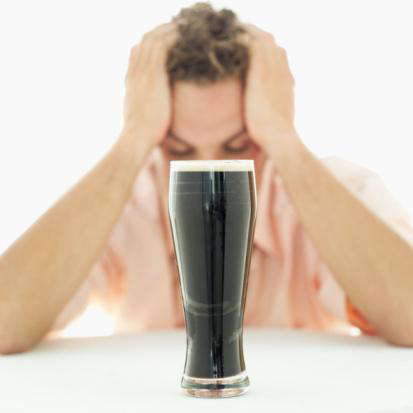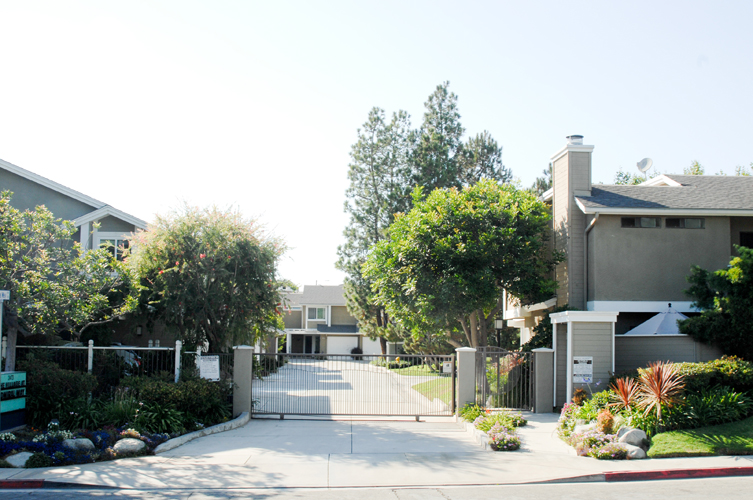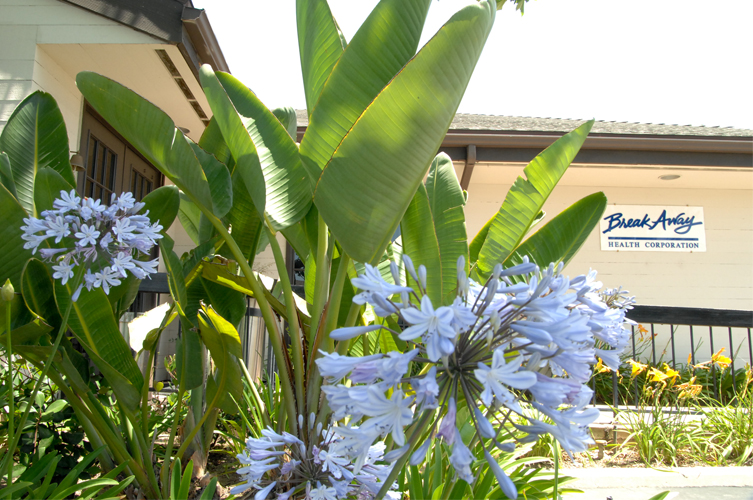 When a person is referred to as a “dry drunk” it means that the person is not drinking but is still displaying the attitudes and behaviors of his drinking days. Positive change and growth has not occurred in someone suffering from dry drunk syndrome.
When a person is referred to as a “dry drunk” it means that the person is not drinking but is still displaying the attitudes and behaviors of his drinking days. Positive change and growth has not occurred in someone suffering from dry drunk syndrome.
The dry drunk does not fully embrace recovery and resists doing the work involved in it. When the work that is required for sobriety is not being done, even a person who has had successful recovery can revert back to his old ways, whether he takes another drink or not.
Characteristics of a Dry Drunk
An alcoholic who is not drinking but is displaying the same dysfunctions of his past is living with dry drunk syndrome. Here are some characteristics of a dry drunk:
- He is self-absorbed, believing he is highly important and is often a know-it-all.
- He might take a victim attitude.
- He is overly judgmental, thinks in terms of good or bad and is quick to find fault in others.
- He is impatient and intolerant of not getting what he wants when he wants it.
- He is impulsive without regard for consequences.
- He is indecisiveness and has difficulty affecting change in his life.
- He maintains dishonestly which increases over time.
- He is moody, overreacts to little things and cannot enjoy simple pleasures.
- He cannot show emotions easily, is detached and indifferent to everything.
- He cannot engage in genuine introspection.
- He is unfocused, easily distracted and experiences frequent boredom.
- He is nostalgic about the pleasures, fun and excitement of the “old days”.
- He admires certain personality traits or lifestyles that are not conducive to recovery.
- He engages in wishful fantasies as a means of escape.
- He attends 12-step meetings less and less, sometimes dropping out completely.
Why Does Dry Drunk Syndrome Happen?
When a person is forced or chooses to give up alcohol, the person experiences a very real loss. Grieving begins. Grieving occurs in stages that involve denial, anger, bargaining, depression and acceptance. A person with a strong desire to recover will eventually move through all of the stages of grief and embrace a happy, contented life without alcohol. A person who cannot get through the anger stage of not being able to use alcohol anymore will become stuck and develop dry drunk syndrome over time.
Dry drunk syndrome results in an unhappy, unfulfilled life for an alcoholic who is no longer using alcohol. A dry drunk is a danger to himself and to those who are genuinely seeking recovery. Family members of dry drunks often wish the person would start drinking again.
There is Hope
Dry drunk syndrome is not necessarily a permanent condition. By using all of the tools of recovery found in the fellowship of Alcoholics Anonymous and by committing himself to the Steps, a dry drunk can begin true recovery and experience all of the Promises of true sobriety.
 Call Today! (800) 910-9299
Call Today! (800) 910-9299







Speak Your Mind
You must be logged in to post a comment.